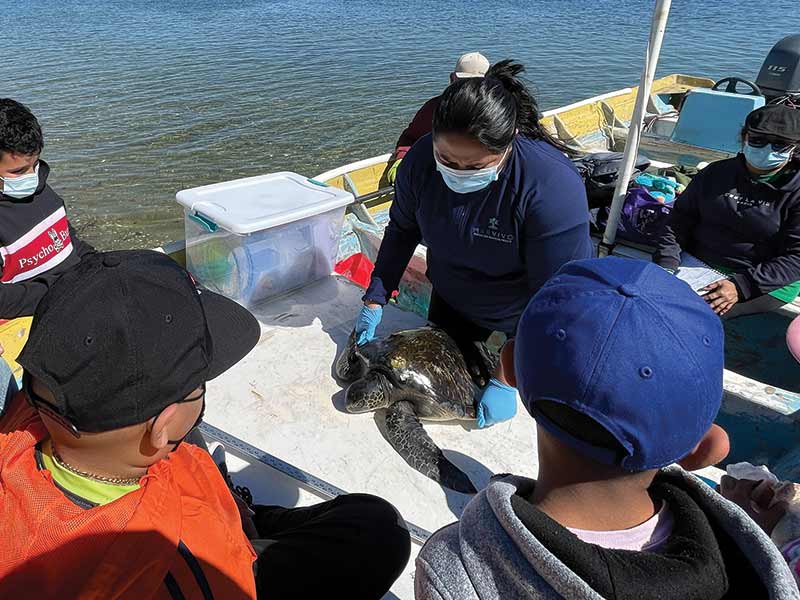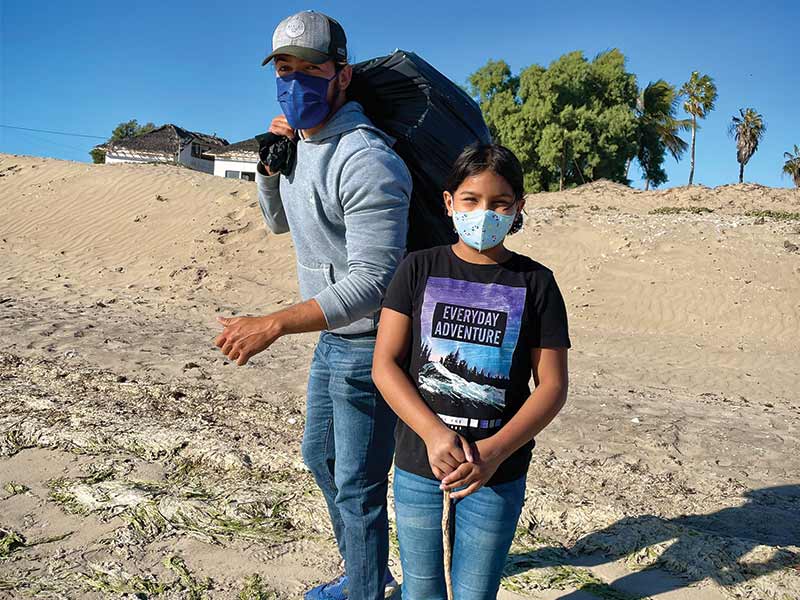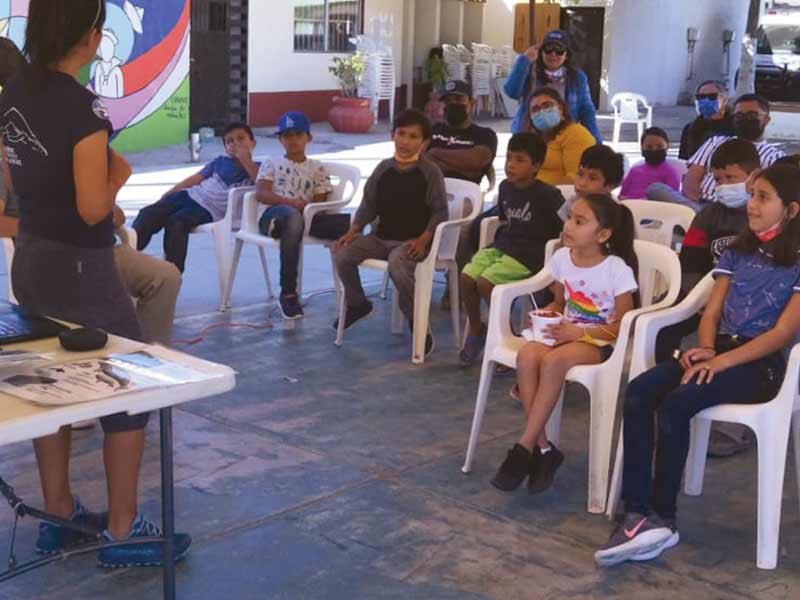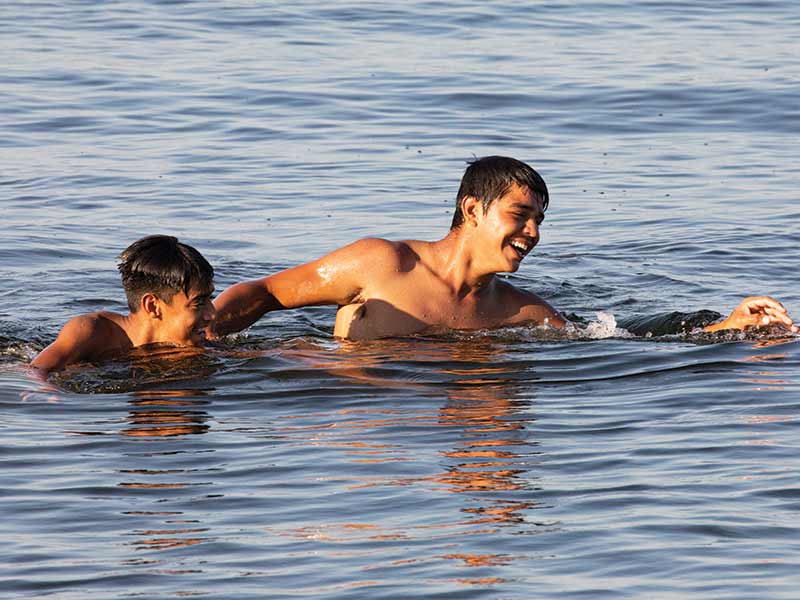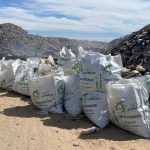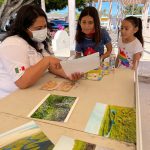Environmental education is a process that allows environmental education people explore environmental issues, participate in problem solving, and take action to improve the environment. The MarVivo Foundation’s environmental education programs are designed to develop a deeper understanding of environmental issues, so that the next generation of environmental managers have the skills to make their own informed and responsible environmental decisions.
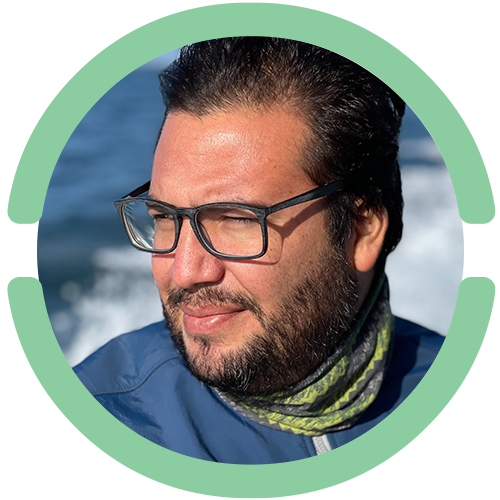
“Many of the locals do not know in person the great biodiversity that surrounds them, so these activities in the field with the little ones means in many cases, in their first encounter with animals such as the gray whale”
Ce Acatl Arce Peinado (Community Manager)
Environmental activities offered by Fundación MarVivo:
The local economic development of the neighboring communities of Magdalena Bay cannot be achieved with the exclusive participation of a single sector, institution or guild, but, on the contrary, requires the participation of various actors, who must assume a role of transformers of their own reality in the economic field, to ensure greater efficiency, effectiveness and flexibility of operation, incorporating new forms of organization away from bureaucratism and close to the territory.
Environmental education does not advocate a particular point of view or course of action. Rather, environmental education teaches people how to weigh the various aspects of a problem through critical thinking and improves their own problem-solving and decision-making skills.

